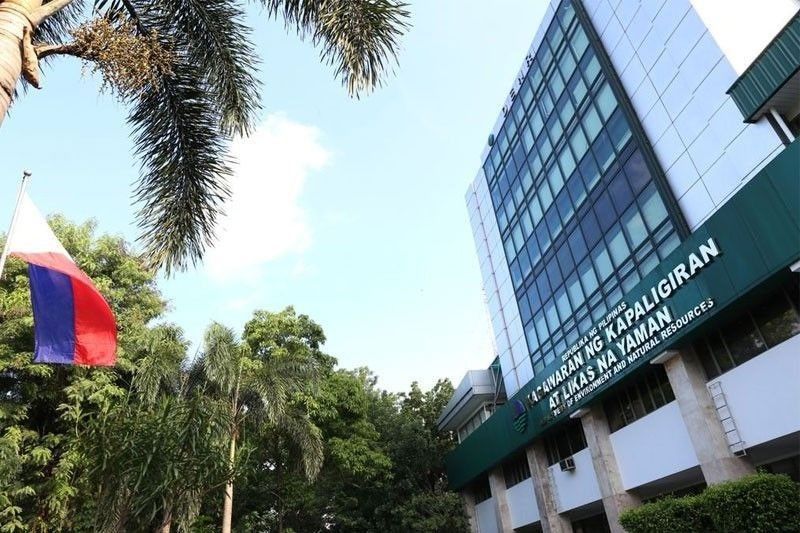DENR warns vs illegal online wildlife trade

SAN FERNANDO CITY, Pampanga, Philippines — The Department of Environment and Natural Resources (DENR) warned the public against the sale of wildlife through social media after authorities seized an endangered species of rare lizard called the bearded dragon.
Operatives of the DENR and the Bureau of Customs (BOC) intercepted a dead juvenile bearded dragon reportedly worth over P8,000 when alive, which was found by employees of a shipping company at the Clark International Airport in Pampanga.
A bearded dragon (pagona vitticeps) is a type of lizard native to the deserts of central Australia with beard-like skin on its chin that extends when the reptile gets excited. The lizard can grow up to 60 centimeters in length with a life expectancy of 10 years.
Pet enthusiasts are fond of keeping this reptile because it is easy to maintain with a diet consisting of a wide variety of food, the study said.
According to the shipping manifest, the wildlife was sent from an online pet seller based overseas to the consignee who had no import permit on record. The reptile apparently died during transport.
The DENR has placed Clark and Subic Freeport zones under tight watch following reports of smugglers attempting to transport wildlife poached from other countries and parts of the Philippines such as Aurora and Palawan.
DENR had seized 311 species of reptiles, birds and mammals since 2015.
Paquito Moreno, executive director of DENR Central Luzon, explained that transporting and trading of wildlife without the necessary permit and proper documentation is prohibited under Republic Act No. 9147 or the Wildlife Resources Conservation and Protection Act of 2001.
He said these laws are in place to protect the wildlife and ensure its proper and safe transport, as well as to protect the country’s ecosystem.
“We have tightened our watch on wildlife trafficking even during the COVID-19 pandemic, especially in our airports and seaports in the region, since these are potential gateways for illegal wildlife trade,” Moreno said.
The Asian Development Bank pegs the illegal wildlife trade in the Philippines at P50 billion a year (about $1 billion).
This includes the market value of wildlife and its resources, their ecological role and value, damage to habitats incurred during poaching and loss in potential ecotourism revenues.
- Latest
- Trending





























